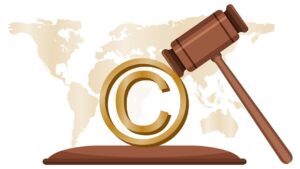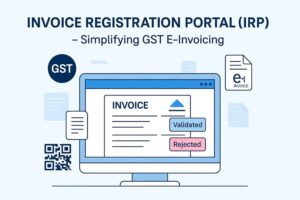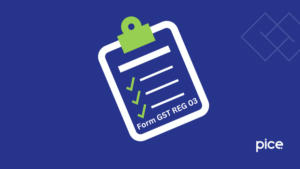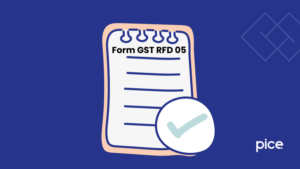Supply Without Consideration Under GST
- 17 Feb 25
- 7 mins

Supply Without Consideration Under GST
- Transactions Between Related Persons Under GST
- Who Is a Related Person Under GST?
- Taxability of Supply Without Consideration Under GST Between Related Persons
- How Are Transactions Between Related Persons Valued?
- Supply of Goods via Agent
- What Happens When a Taxable Person Imports Services From a Related Person?
- Permanent Transfer of Business Assets On Which ITC Has Been Claimed
- Conclusion
Key Takeaways
- Supply Without Consideration—GST applies to related person transactions even without payment.
- Related Persons Under GST—Defined by shareholding, control, and management links.
- Valuation of Transactions—Open market value, similar goods' value, or production cost is used.
- GST on Agent Transactions—Both principal and agent are liable for GST, with ITC eligibility.
- Import of Services—Taxable when received from a related entity, with GST on reverse charge.
Schedule I of the GST Act deals with transactions between related persons and if they are treated as a supply. It is important to note that a transaction can be treated as a supply even if it does not involve a consideration.
In this blog, we will consider transactions between unrelated persons and supply without consideration under GST. Usually, these transactions take place between related persons or between an agent and a principal.
Transactions Between Related Persons Under GST
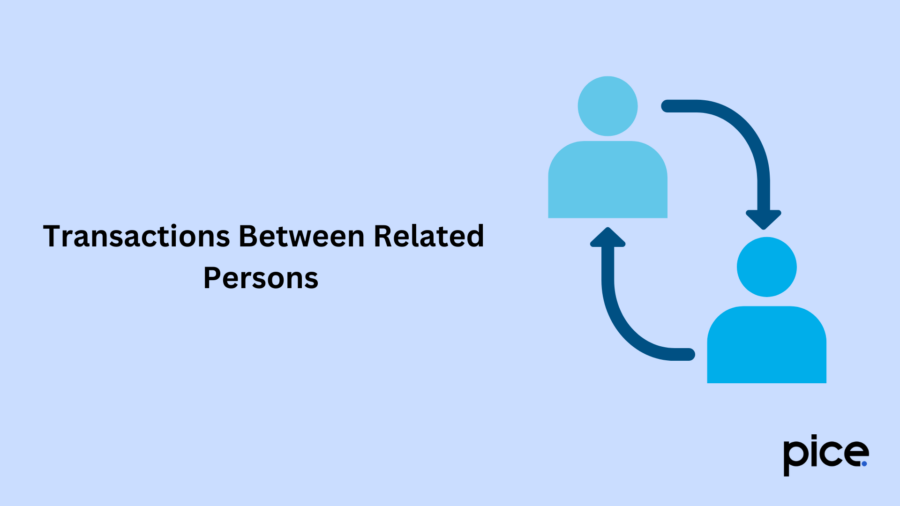
Under GST, transactions between related persons are treated as a separate category. The rules administered in this case are different compared to how transactions between unrelated persons are treated.
Who Is a Related Person Under GST?
Section 2 (84) of the GST Act defines who is a related person. People are regarded as related if they fall under the following categories:
- When the officer or director of a business is also the officer or director of another business
- When under law, different businesses are recognised as partners
- An employer and his or her employee
- A person who holds a minimum of 25% shares in another company. The shareholding can be direct or indirect.
- One person has control over another directly or indirectly
- If they are under common control or management
- They collectively control another entity
- Promoters and management are part of the same family
- If one person is connected with another person as sole agent, sole distributor, or sole concessionaire.
Under the law, a legal person can be an individual, company, firm, cooperative society, LLP, a body of individuals, government, local authority, Hindu undivided family (HUF) or a juridical person. It can be an entity incorporated outside of India.
Taxability of Supply Without Consideration Under GST Between Related Persons
Schedule 1 of the GST Act deals with the taxation of the supply without consideration between related people. In such cases, the transaction is treated as a supply only if it was done as part of a business. If an entity imports a service from a related person without consideration, and the import of the service is done for the sake of business, it is considered a supply.
There is an exception to the rule mentioned above. When an employer gifts an employee something that has a worth of less than ₹50,000, it is not considered a supply between related persons.
How Are Transactions Between Related Persons Valued?
The following criteria are used to value transactions between related persons:
- Open Market Value: The open market value shows the value of supply taking place between unrelated people. So when a supply takes place between related people, there is a high chance that their relationship will affect the cost of the supply.
For example, let us assume Ramesh is related to Suresh, but Suresh is not related to Ganesh. If Ramesh sells something to Suresh for ₹2,000 and Suresh sells it to Ganesh for ₹3,000, the relationship between Ramesh and Suresh will be considered to have impacted the translation. In this case, Rs. 3,000 will be considered to be the value of the transaction.
- When Open Market Value Cannot be Determined: If the open market value of the supply is not known, then the value of transactions involving similar goods will be considered.
Let us again consider the previous example but with some modifications. We will assume that the transaction between Suresh and Ganesh did not happen, thus depriving us of the open market value. However, if from Ramesh we learn the cost at which he had acquired the item, then that cost can be considered as the value of the transaction.
- When Both Methods Do Not Work: If it is not possible to make use of either method mentioned till now, you can consider the total cost of production or use the residual method under GST.
Supply of Goods via Agent

There are 2 ways in which you can understand the supply of goods via agent:
- When a principal supplies a good to an agent, the agent supplies it to a third party on behalf of the principal.
For example, a principal company in Bengaluru can hire an agent in Mangalore and supply goods to him.
- When an agent receives goods on behalf of the principal and supplies them to the principal.
For example, an agent in one part of the country can acquire goods on behalf of the principal and send them to the principal.
In both these situations, GST applies to supplies between agent and principal. If the transactions are eligible for input tax credit (ITC), then the agent and the principal can claim ITC.
What Happens When a Taxable Person Imports Services From a Related Person?
When a taxable person imports services from a related person or one of its establishments, it is considered a supply. For example, if company A in India does an importation of services without consideration from company B, which is incorporated in the US, then the importation of services is considered a supply. In this case, company A will pay GST on a reverse charge basis.
Permanent Transfer of Business Assets On Which ITC Has Been Claimed
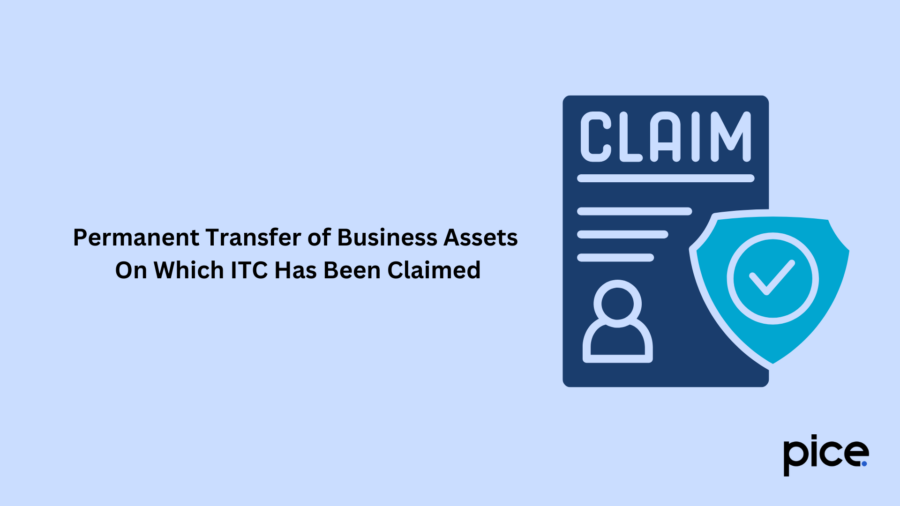
When business assets are permanently transferred or sold, and ITC has been claimed on the transaction, then it will be treated as a supply. It won’t matter if any consideration has been received. It is important to remember that GST is only applicable to transactions involving business assets. GST won’t apply to the sale of personal assets.
Goods sent for job work, testing, or certification won’t be considered as supply since they involve no permanent transfer. Donation or disposal without consideration is also considered a supply if an input tax credit has been claimed on it.
Conclusion
In this blog, we have covered supply without consideration under GST. Such transactions can take place between related persons. In cases where the open market value is difficult to determine, the value of transactions involving similar goods is considered.
Otherwise, the total cost of production may be considered. When the supply of goods via an agent takes place, then both the principal and the agent have to pay GST, subject to ITC.
💡If you want to streamline your payment and make GST payments via credit card, consider using the PICE App. Explore the PICE App today and take your business to new heights.
 By
By 





